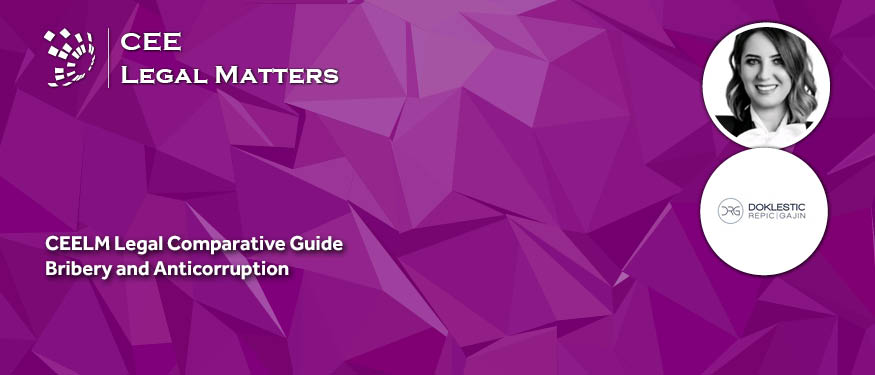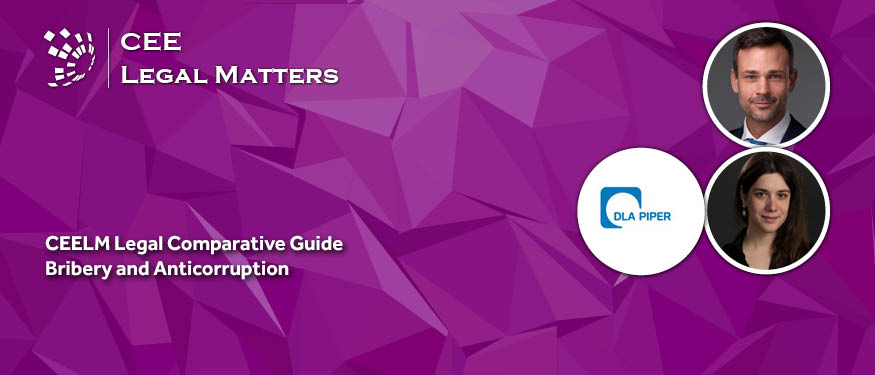Contributed by Law Office Emil Miftari.
Bribery and Corruption in Montenegro
Contributed by Doklestic Repic & Gajin.
Bribery and Corruption in Hungary
Contributed by DLA Piper.
Bribery and Corruption in Estonia
Contributed by Cobalt.
Bribery and Corruption in Austria
Contributed by Schoenherr.
Croatia Implements EU Digital Services Act
On 17 April 2025, the Law on the Implementation of Regulation (EU) 2022/2065 on the Single Market for Digital Services (the Digital Services Act or "DSA") (the "Law") entered into force in Croatia. The Law marks a significant step in harmonising the national legislation with the EU's regulatory framework for digital services.
Sayenko Kharenko Represents Reckitt Ukraine During Regulatory Inspection of Aerosol Product Labeling
Sayenko Kharenko has successfully represented Reckitt Benckiser Hygiene Home Ukraine during a regulatory inspection of aerosol product labeling conducted by the territorial division of the State Emergency Service of Ukraine.






















